When adults are ineffectual, children have to grow up quickly. Ola is 14 and she takes care of her dysfunctional father, autistic brother and a mother who lives apart from them and is mainly heard the phone. Most of all she wants to reunite a family that simply doesn’t work — like a defective TV set. She lives in the hope of bringing her mother back home. Her 13 year old brother Nikodem’s Holy Communion is a pretext for the family to meet up. Ola is entirely responsible for preparing the perfect family celebration. “Communion” reveals the beauty of the rejected, the strength of the weak and the need for change when change seems impossible. This crash course in growing up teaches us that failure is not final. Especially when love is in question.
Related Movies
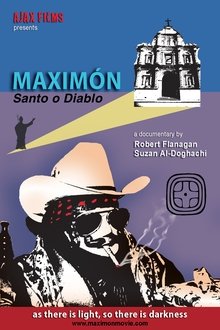
Maximón: Devil or Saint (2014)
MAXIMÓN - Devil or Saint is a documentary about the controversial Maya deity, also known as San Simon or the drinking and smoking saint of Guatemala. He is a mixture of ancient Maya beliefs and Christianity. The movie concentrates on the people who surround Maximón with their strong personalities, opinions and faith. The documentary gives us a rare view into the rituals and fiestas honoring Maximón. The cult of Maximón is flourishing because he performs miracles. He is also feared and despised because he is used to cast curses that can result in death. Ultimately, Maximón transcends the duality of good and evil, reflecting the Maya cosmovision in which everything in the universe co-exists.
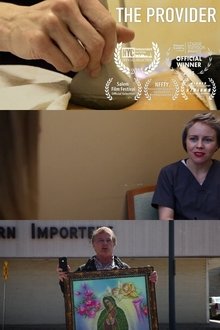
The Provider (2015)
Abortion clinics in Texas are disappearing exponentially and healthcare providers are feeling the brunt. The Provider follows the story of abortion provider Dr. Shannon Carr who travels every week from New Mexico to Dallas in order to perform abortions despite restrictive laws and threats to her safety. Continue to share her story and follow our latest documentary series as we try to capture these stories and influence change before all abortion clinics in the US cease to exist
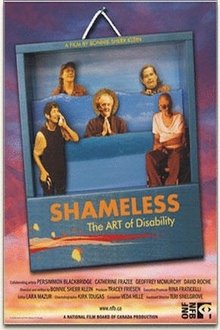
Shameless: The Art of Disability (2006)
Art, activism and disability are the starting point for what unfolds as a funny and intimate portrait of five surprising individuals. Director Bonnie Sherr Klein (Not a Love Story, and Speaking Our Peace) has been a pioneer of women's cinema and an inspiration to a generation of filmmakers around the world. SHAMELESS: the ART of Disability marks Klein's return to a career interrupted by a catastrophic stroke in 1987. Always the activist, she now turns the lens on the world of disability culture, and ultimately, the transformative power of art.
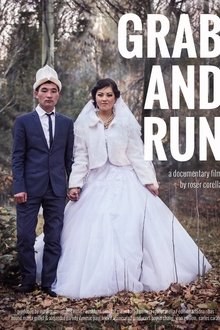
Grab and Run (2017)
After the Kyrgyzstan Independence in 1991, the ancient practice of Ala-Kachuu ("grab and run") returned. Some women escape the men that kidnap them, but many remain married because of tradition and the fear of scandal.
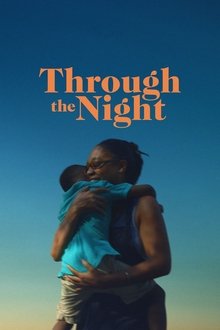
Through the Night (2021)
When one’s sole focus is to provide for their children, the stakes are extremely high. The need for multiple jobs to make ends meet has become a common reality for many families in this country, which leads to a very important question: who looks after the children while their parents work? Through the Night examines the economic and emotional toll affecting some American families, told through the lens of a 24-hour daycare center in Westchester, New York. At the center of it all is Nunu, the primary caregiver and a hero to many families in need of a safe space to bring their children.
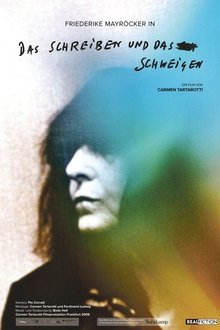
Das Schreiben und das Schweigen - Die Schriftstellerin Friederike Mayröcker (2008)
After her first film about Friederike Mayröcker, filmmaker Carmen Tartarotti decided to make a second film about the poet 15 years later.
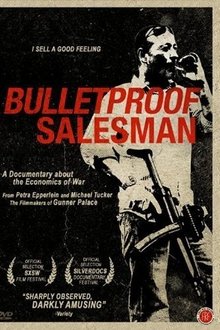
Bulletproof Salesman (2008)
Fidelis Cloer is a self-confessed war profiteer who found The Perfect War when the US invaded Iraq. It wasn't about selling a dozen cars, or even a hundred, it was a thousand-car war where security would become the ultimate product.
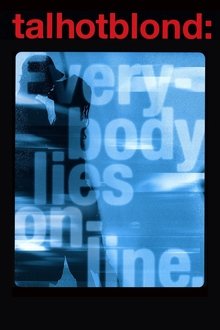
Talhotblond (2009)
This is the true story of a love triangle that takes place entirely online. Lies lead to murder in real life, as a teenage vixen (screen name 'talhotblond') lures men into her web. Revealing a shocking true crime story that shows the Internet's power to unleash our most dangerous fantasies.
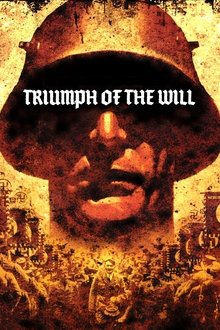
Triumph of the Will (1935)
A showcase of German chancellor and Nazi Party leader Adolf Hitler at the 1934 Nuremberg Rally.
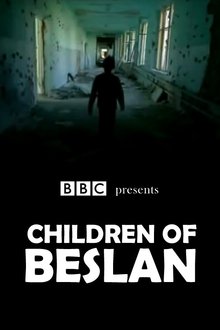
Children of Beslan (2005)
On September 1, 2004, a group of heavily armed rebel extremists stormed into School No. 1 in Beslan, Russia. For three days, more than a thousand children and adults were held hostage in a sweltering gymnasium, denied food and water, and forced to keep their hands over their heads. The harrowing siege ended on September 3 with a series of explosions and a hail of gunfire that killed some 350 people - half of them children. In this film, the youngest survivors of Beslan tell their story.

Miró, The Painter (1979)
Short piece for the TV series Aujourd'hui en France [Today in France]. Reporting on a Joan Miró exhibition at the Maeght Foundation, Sarah Maldoror enjoys filming the Spanish painter and sculptor engaging with children during a theatre piece. The filmmaker's central themes are in full bloom here: the theatre, the interrelationship between the arts and the transformation of the childhood experience through art. The ensemble is like a work by Joan Miró translated into real life.

Alive Day Memories: Home from Iraq (2007)
In a war that has left more than 25,000 wounded, ALIVE DAY MEMORIES: HOME FROM IRAQ looks at a new generation of veterans. Executive Producer James Gandolfini interviews ten Soldiers and Marines who reveal their feelings on their future, their severe disabilities and their devotion to America. The documentary surveys the physical and emotional cost of war through memories of their "alive day," the day they narrowly escaped death in Iraq.
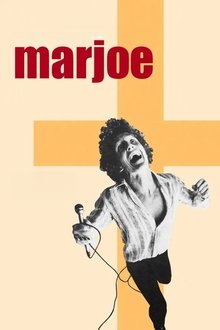
Marjoe (1972)
Part documentary, part expose, this film follows one-time child evangelist Marjoe Gortner on the "church tent" Revivalist circuit, commenting on the showmanship of Evangelism and "the religion business", prior to the start of "televangelism". Preserved by the Academy Film Archive in 2005.

Debut (2017)
The soulless atmosphere of a women's penitentiary destroys the prisoners' personality, kills all femininity in them. The film looks at the rationality of the long prison terms for women with children.
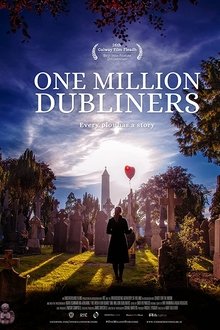
One Million Dubliners (2014)
Glasnevin Cemetery is the final resting place of 1.5 million souls; it is Ireland's national necropolis. ONE MILLION DUBLINERS reveals the often unspoken stories of ritual, loss, redemption, emotion, history - and the business of death.

Refuge(e) (2019)
Refuge(e) traces the incredible journey of two refugees, Alpha and Zeferino. Each fled violent threats to their lives in their home countries and presented themselves at the US border asking for political asylum, only to be incarcerated in a for-profit prison for months on end without having committed any crime. Thousands more like them can't tell their stories.

Wrenched (2014)
Activist/author Edward Abbey's legacy lives on in his best-selling books and now in director ML Lincoln's lively documentary. Lincoln pays tribute to Abbey and the environmental movement he inspired, reenacting his "monkeywrenching," and interviewing notable eco-warriors and present-day activists.

Women Who Made the Movies (1990)
Examines the careers of women who made a lasting contribution to film history as directors: Alice Guy Blaché, who in 1896 directed what is arguably the first plot-driven film; Ida Lupino, who also had a long career as an actor; Ruth Ann Baldwin, who directed numerous early westerns; Leni Riefenstahl, Hitler's film propagandist; as well as Dorothy Davenport Reid, Lois Weber, Kathlyn Williams, Germaine Dulac, Cleo Madison and many more. Film clips, stills, and other archival materials bring their work to life.